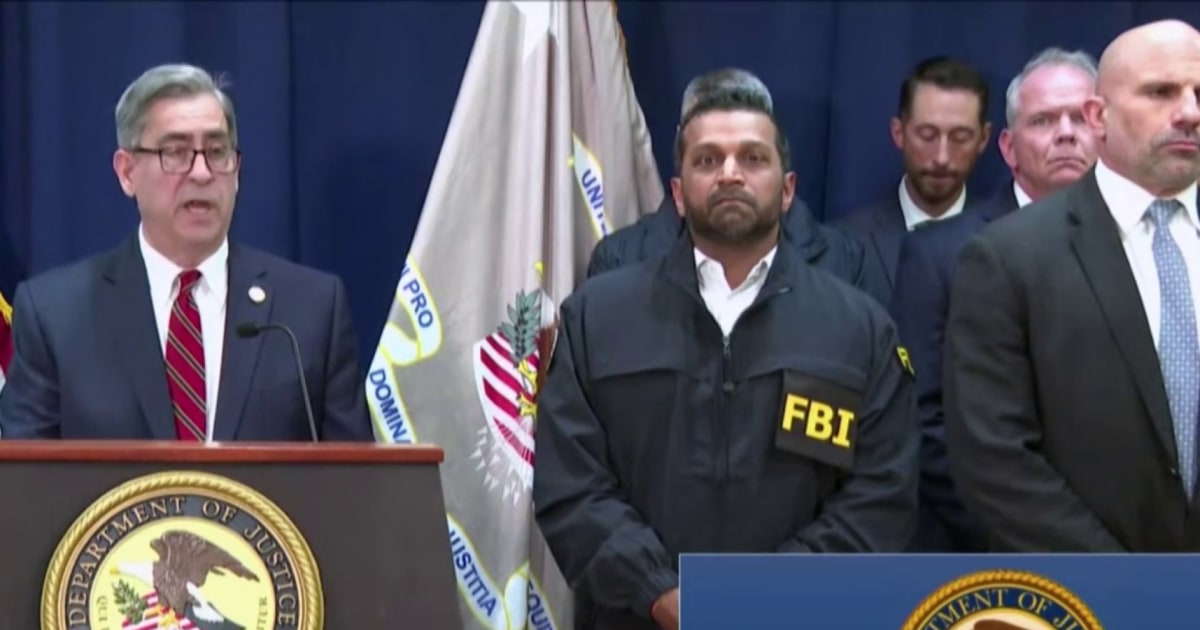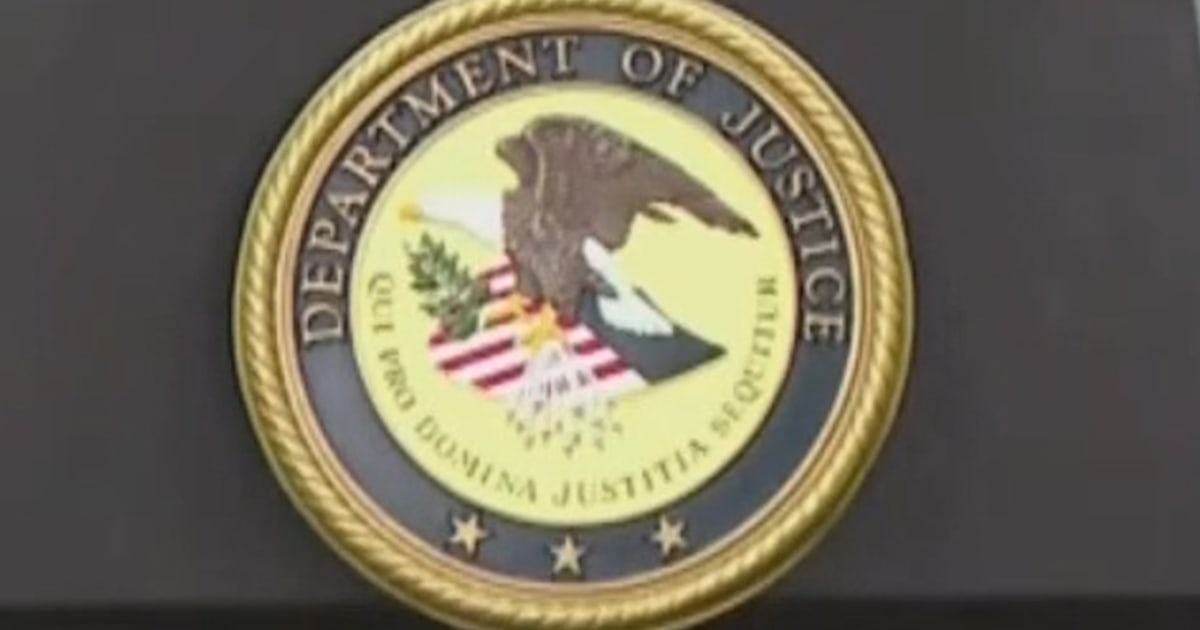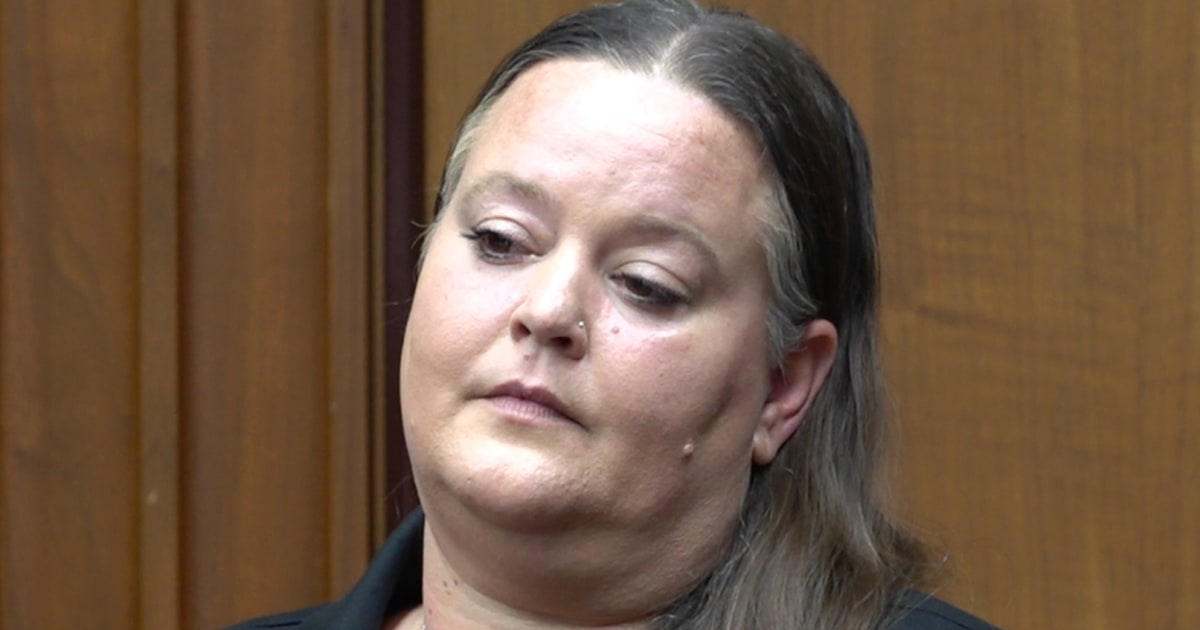
New York
CNN
—
OPEC and its allies’ surprise move to slash oil production will soon be felt at US gas pumps.
The group known as OPEC+ announced Sunday it would cut oil production by more than 1.6 million barrels a day starting in May, running through the end of the year. The news sent both Brent crude futures, the global oil benchmark, and WTI, the US benchmark, up about 6% in trading Monday.
The production cut announcement also had an immediate impact on gasoline futures, which will be passed onto US drivers much more quickly than the spike in oil prices. RBOB, the most closely watched wholesale gasoline price, was up about 8 cents a gallon, or about 3%, in morning trading.
“I think OPEC is reawakening the inflation monster,” said Tom Kloza, global head of energy analysis for OPIS, which tracks gas prices for AAA. “The White House has to be shocked and major-time pissed. It certainly alters the calculus for a while.”
The national average for US gas prices stood at $3.51, on Monday, according to AAA. Kloza said he could see it getting up to $3.80 to $3.90 in relatively short order thanks to the move by OPEC.
“We’re not going to get back to $5 a gallon. I don’t think we’re even going as high as $4,” he said. But he said by the end of the summer US drivers could be back above year-earlier prices, especially if there is a hurricane or other storms affecting production along the Gulf Coast.
The average US regular gas price a year ago stood at $4.19 a gallon in the wake of Russia’s invasion of Ukraine and the disruption that caused to world’s energy markets. Prices eventually reached a record $5.02 a gallon on June 14, before starting a slow but steady decline over the course of more than three months during which the average price fell every day. The decline was partly driven by the release of oil from the US Strategic Petroleum Reserve, and partly by concerns that there could be a US or global recession that reduced the demand for gasoline.
Even at $3.51, US gas prices were just below the $3.53 average on Feb. 23, 2022, the day before Russia’s invasion of Ukraine.
Kloza said one thing keeping prices from getting anywhere near the record levels of 2022 is that the US plans additional releases from the SPR, and US oil production and refining capacity are both up. But a cut of 1 million barrels a day of oil by OPEC+ will not be easy to make up.
“They have ability to cut production and they seem motivated to do so,” he said.




